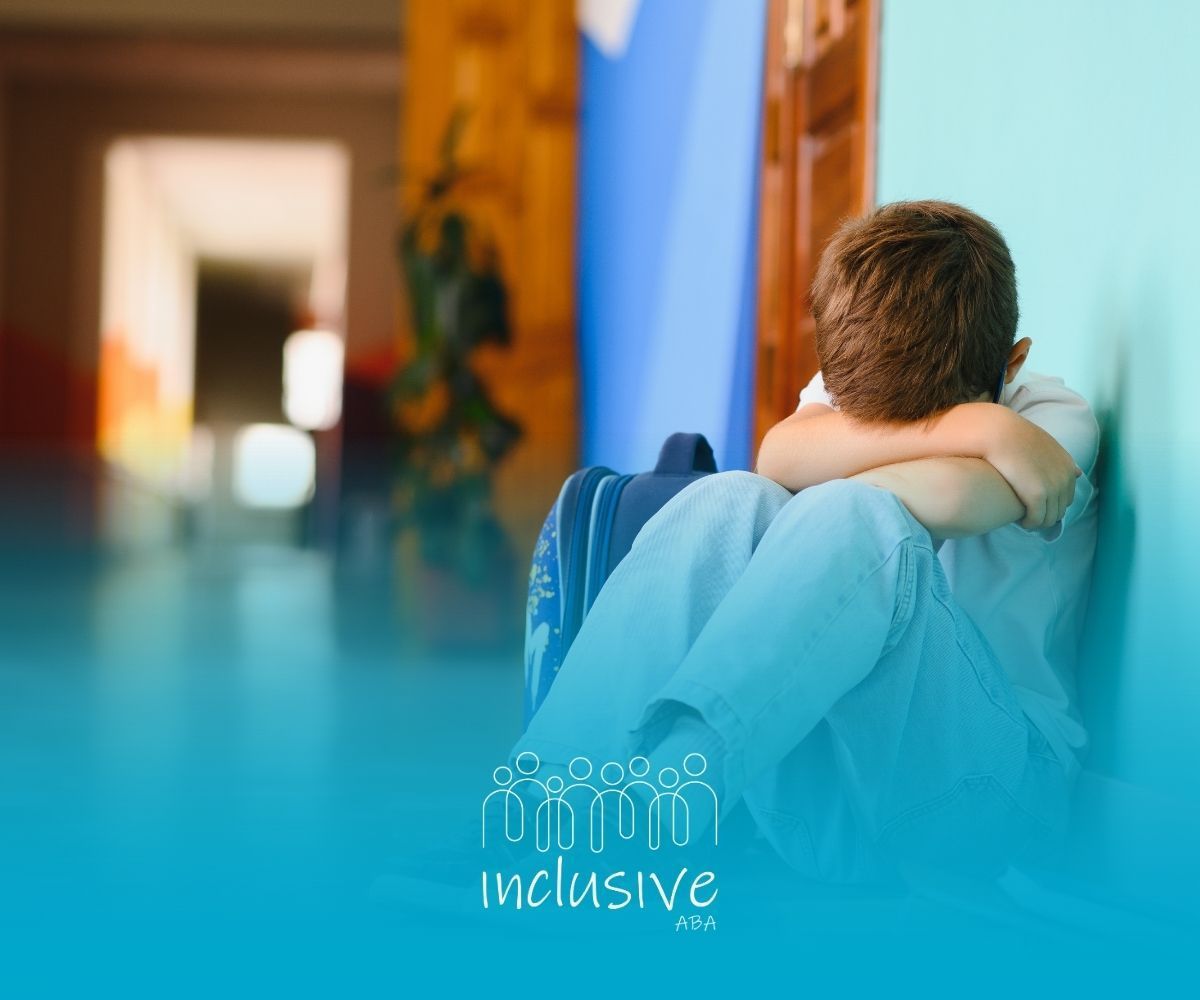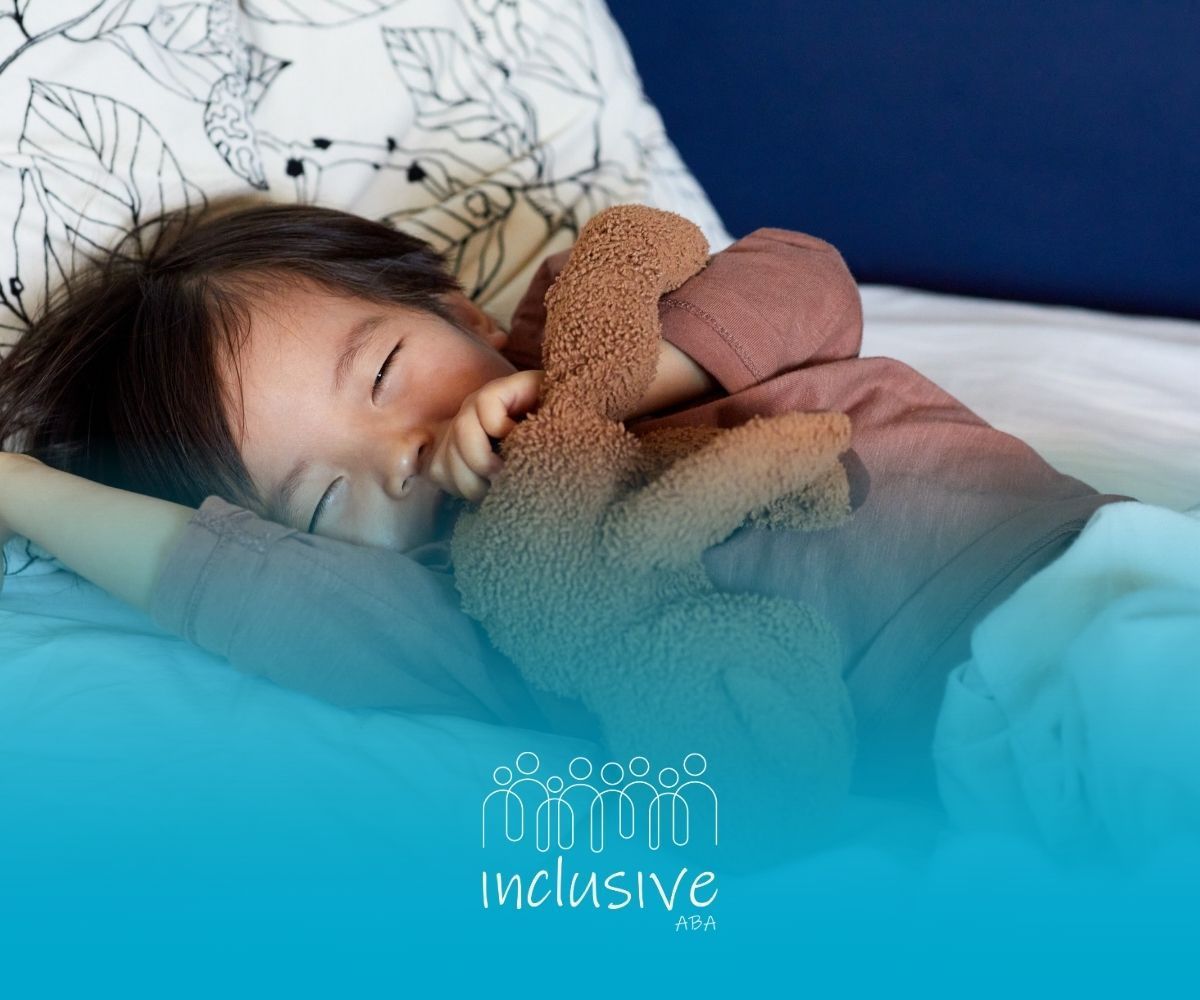Breaking Down ABA Therapy Costs: What to Expect and How to Plan
Applied Behavior Analysis (ABA) therapy is widely recognized as one of the most effective treatments for children with autism spectrum disorder (ASD). It helps improve communication, social skills, and behavioral challenges through structured, evidence-based interventions. However, one of the most pressing concerns for families considering ABA therapy is its cost.
So, how much does ABA therapy cost? The answer depends on various factors, including session length, therapist qualifications, and whether insurance covers part or all of the treatment. In this comprehensive guide, we'll break down ABA therapy costs, financial assistance options, and tips for managing expenses.
Factors Affecting the Cost of ABA Therapy
1. Hourly Rates for ABA Therapy
ABA therapy is typically billed per hour, with costs ranging between $120 to $250 per hour. The specific rate depends on the provider, location, and the therapist’s credentials.
- Registered Behavior Technicians (RBTs): $20 - $50 per hour
- Board-Certified Behavior Analysts (BCBAs): $75 - $250 per hour
- Supervising BCBAs: Higher-end rates for evaluations and treatment planning
Most children require between 10 to 40 hours of ABA therapy per week, meaning monthly costs can range from $4,800 to $16,000. Check out this following table:
ABA Therapy Costs
| Role | Hourly Rate | Monthly Cost (10-40 hours/week) |
|---|---|---|
| Registered Behavior Technicians (RBTs) | $20 - $50 | $800 - $8,000 |
| Board-Certified Behavior Analysts (BCBAs) | $75 - $250 | $3,000 - $40,000 |
| Supervising BCBAs | Higher-end rates | Varies |
| Total Monthly Cost (ABA Therapy) | $120 - $250/hour | $4,800 - $16,000 |
2. Full-Time vs. Part-Time Therapy
- Full-time ABA therapy (30-40 hours per week): $5,000 - $16,000 per month
- Part-time ABA therapy (10-20 hours per week): $2,500 - $8,000 per month
The number of hours your child requires depends on their specific needs and goals set by the BCBA.
3. Clinic-Based vs. In-Home ABA Therapy
- Clinic-Based ABA Therapy: Tends to be more structured, with access to more resources, but may be slightly more expensive due to overhead costs.
- In-Home ABA Therapy: Provides a personalized setting but may include additional travel costs for therapists.
4. Insurance Coverage and State Laws
Many insurance plans partially or fully cover ABA therapy, but coverage varies based on:
- State mandates (some states require insurance to cover ABA therapy)
- Employer-sponsored insurance plans
- Medicaid eligibility: some states offer ABA coverage for children with ASD. Find Medicaid ABA therapy options in your area here.
To determine your coverage, contact your insurance provider and ask about:
- Deductibles and copays
- Annual coverage limits
- Pre-authorization requirements
5. Additional Costs to Consider
Aside from therapy sessions, parents should consider:
- Initial assessments: $500 - $2,000 for diagnostic evaluations
- Parent training sessions: Sometimes included, but additional sessions may cost extra
- School consultations: If the BCBA collaborates with teachers, additional fees may apply
Financial Assistance for ABA Therapy
If the cost of ABA therapy is overwhelming, several financial aid options can help:
1. Insurance Coverage for ABA Therapy
- Private Insurance Plans: Many insurance companies cover ABA therapy under ASD treatment benefits.
- Medicaid: Coverage varies by state but is available in some cases.
- Affordable Care Act Plans: Some marketplace plans offer ABA therapy coverage.
2. Grants and Scholarships
Nonprofit organizations offer grants and scholarships to help families afford therapy. Some notable ones include:
- Autism Speaks Family Grant Program
- ACT Today! Grant Program
- United Healthcare Children’s Foundation
3. Flexible Spending Accounts (FSA) & Health Savings Accounts (HSA)
If you have an FSA or HSA, you can use pre-tax dollars to pay for ABA therapy, reducing overall costs.
4. School and Government Programs
Some public school systems provide ABA therapy as part of an Individualized Education Plan (IEP). Additionally, some states have Early Intervention Programs (EIP) that provide free or low-cost therapy services for children under age three.
Conclusion
ABA therapy is a valuable investment in your child's future, but its cost can be a major concern. Fortunately, insurance coverage, financial aid, and government programs can help make it more accessible. If you’re considering ABA therapy for your child, Inclusive ABA offers personalized, high-quality services tailored to your child's needs.
Contact Inclusive ABA today to explore your options and find the best path for your child’s growth and development!
FAQs
Does Insurance Cover ABA Therapy?
Yes, many insurance plans cover ABA therapy, especially if the child has an official autism diagnosis. However, coverage details vary by provider and state.
How Many Hours of ABA Therapy Does My Child Need?
Children typically require 10 to 40 hours per week, based on their individual needs and BCBA recommendations.
Are There Free or Low-Cost ABA Therapy Options?
Yes, some public schools, Medicaid programs, and nonprofit organizations offer low-cost ABA therapy services.
https://www.cdc.gov/ncbddd/actearly/parents/states.html
https://www.usa.gov/health-insurance-marketplace
https://www.autismspeaks.org/health-insurance
https://www.autismspeaks.org/childrens-health-insurance-program
https://www.autismspeaks.org/financial-autism-support
https://oig.hhs.gov/reports-and-publications/workplan/summary/wp-summary-0000601.asp
Looking for Expert Help? We're Here for You!
Our compassionate and skilled team is devoted to enhancing your child's development through customized ABA therapy. Let us partner with you to create a supportive environment for your child's success.
Discover how we can help your family thrive with expert ABA therapy.
Related Posts







